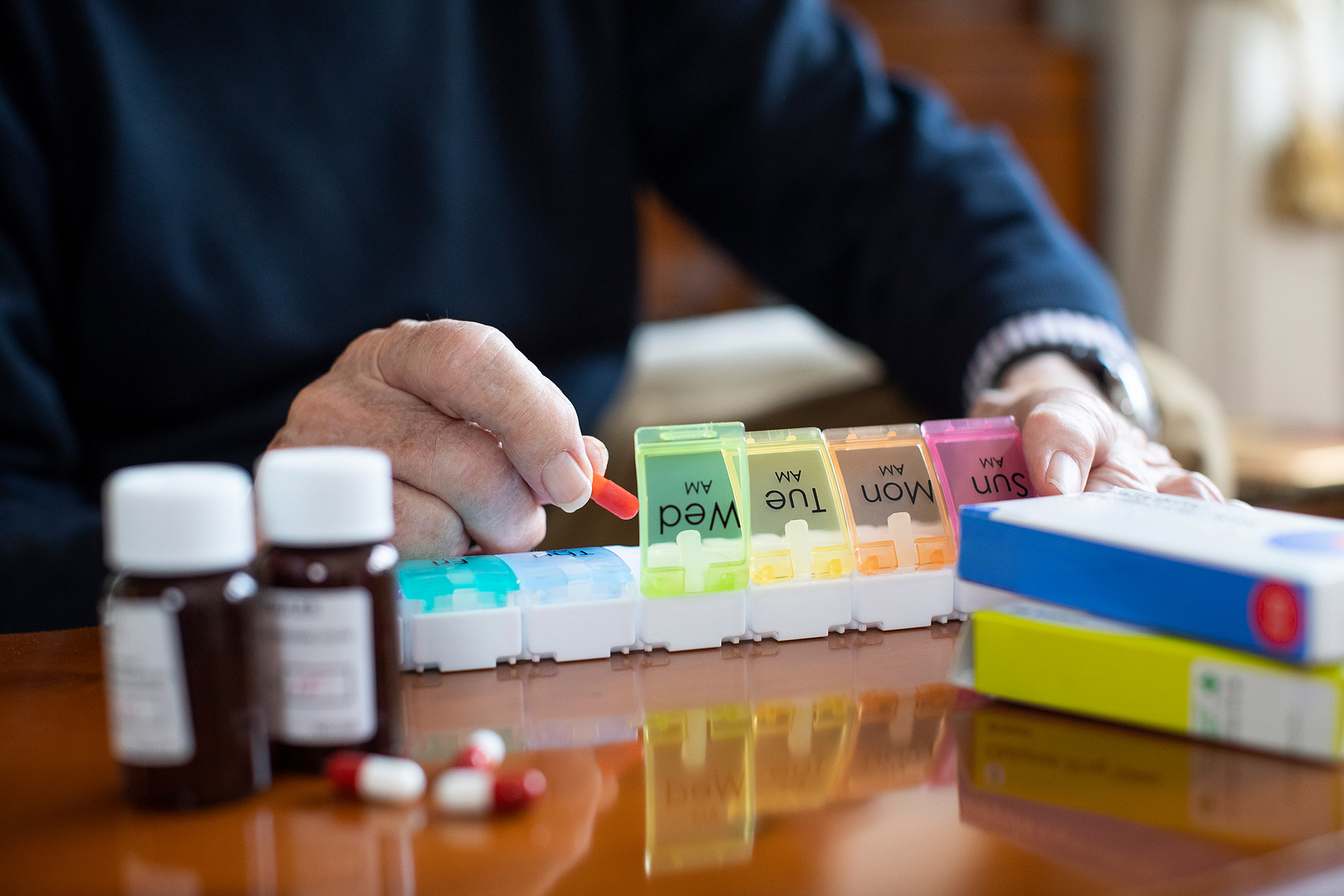Five Tips for Family Caregivers Worried About Senior Safety

Author: Home Helpers Home Care
Five Tips for Family Caregivers Worried About Senior Safety in Saint John, IN
Keeping aging loved ones safe is one of the most important responsibilities a family caregiver can take on. As seniors choose to remain at home longer, concerns about falls, medication management, and overall household safety become more pressing. Fortunately, home care assistance can play a vital role in helping families implement safety strategies that protect their senior family members while still preserving their independence and dignity.
Here are five essential safety tips for family caregivers to ensure that their aging loved ones are safe, secure, and thriving at home.
1. Fall-Proof the Living Space
Falls are the leading cause of injury among older adults. A single fall can lead to broken bones, loss of mobility, and long-term health consequences. One of the most effective ways to enhance senior safety is to make the home as fall-proof as possible.
Start by removing trip hazards such as loose rugs, electrical cords, and cluttered walkways. Install grab bars in bathrooms near toilets and inside showers or tubs. Ensure that lighting is bright and consistent in every room—especially stairways and hallways—and consider adding nightlights for better visibility after dark.
Home care assistance providers can help monitor mobility concerns and offer gentle support during everyday tasks like walking, bathing, or transferring from a chair or bed. They’re also trained to identify new hazards as mobility needs evolve.
2. Implement Medication Safety Protocols
Many seniors take multiple prescriptions, which can increase the risk of missed doses, overdoses, or dangerous drug interactions. Medication mismanagement is a serious safety concern, especially for those with cognitive decline or vision problems.
Create a medication schedule using pill organizers, color-coded charts, or medication management apps. Make sure all prescriptions are clearly labeled and stored in a consistent location. Family caregivers should regularly review medications with pharmacists or physicians to watch for duplications or side effects.
While professional caregivers typically do not administer medications unless licensed, home care assistance services often include medication reminders and oversight. Caregivers can prompt seniors to take medications on time, help them organize their pillboxes, and report any concerning symptoms or behaviors to family members.
3. Secure the Home Against Emergencies
Emergencies like fires, power outages, or medical crises can escalate quickly for older adults. Every senior’s home should be equipped with smoke detectors, carbon monoxide alarms, and accessible fire extinguishers. Emergency contact numbers should be posted in visible places, and seniors should know how to call for help.
Medical alert systems or wearable emergency response devices provide added protection, especially for seniors who spend time alone. Make sure your loved one knows how to use their phone or alert system and rehearse emergency scenarios with them regularly.
A professional caregiver from a home care assistance agency can be present during the day to help prevent these situations from occurring or provide immediate help if something unexpected happens. Their presence adds an extra layer of security for both seniors and their families.
4. Monitor Cognitive Safety
Seniors with early-stage dementia or memory issues may experience confusion, disorientation, or wandering. Even in a familiar home environment, cognitive changes can put seniors at risk of injury, getting lost, or accidentally misusing appliances.
Family caregivers should take precautions such as installing stove guards, locking up hazardous substances, and using door alarms or motion sensors to alert when a senior has left the home unexpectedly. Labeling cabinets or creating visual reminders can also help guide seniors through daily routines.
Companion caregivers can offer one-on-one supervision, ensuring that seniors remain safe and grounded in their environment. Their calm, consistent presence can reduce anxiety and gently redirect behaviors that might lead to harm.
5. Promote Open Communication and Routine Safety Checks
Seniors may hesitate to mention new health issues or accidents for fear of losing independence. That’s why it's critical for family caregivers to foster open communication and schedule regular safety check-ins.
Ask about any recent stumbles, difficulty with vision, or problems using appliances. Evaluate the home regularly to ensure it remains safe as the senior's needs evolve. Involve the senior in discussions about their safety to promote trust and shared decision-making.
Professional caregivers can be valuable allies in this process. They often notice subtle changes in behavior or ability that others might miss. By staying in close contact with your home care assistance team, you can make informed decisions and adjust safety plans proactively
A Safer Home, A Stronger Partnership
Caring for a senior loved one comes with many responsibilities, and safety is one of the most important. By proactively addressing fall risks, medication routines, emergency preparedness, cognitive challenges, and open communication, family caregivers can create a home environment that supports health and well-being.
With the partnership of home care assistance, families gain not only practical support but also peace of mind—knowing that their loved ones are in capable, compassionate hands.
If you or an aging loved one are considering home care assistance in Saint John, IN, please contact the caring staff at Home Helpers Home Care of NW Indiana today at (219) 244-2533.
Home Helpers Home Care of NW Indiana provides exceptional home and facility care for seniors in Highland, Munster, Crown Point, Schererville, Dyer, Saint John, Valparaiso, Cedar Lake, Griffith, Lowell and the surrounding areas.
